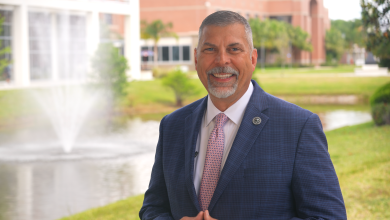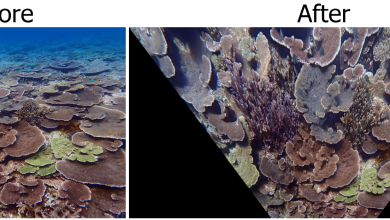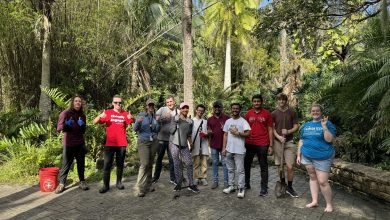Florida Tech Student Rocket Research Society Flies High with Eight Certifications
MELBOURNE, FLA.—Eight members of the Florida Institute of Technology Student Rocket Research Society (SRRS) recently earned certification from the National Association of Rocketry. Seven of the students earned a level one license in high-powered rocket flying. The eighth earned a level two certification for his rocket, which reached 6,000 feet and for AGL above-ground-level flight and recovery. The students designed, built, andsuccessfullyflew their own rockets.
Students earning level one certification were Joe Bussenger; Alan Cruz-Gerena; Kristen Ericson; Brock Hedlund; Gabrielle Leesman; Matt Levy; and David Rollins. Jake Kafphamer earned a level two certification.
The 60-member organization, which meets every Monday, is working on a project to design a large-scale rocket and launch program. The rocket project is being developed according to requirements for the Carmack prize; a $10,000 award for a group that can launch a rocket to over 100,000 feet—very high for an amateur rocket—and log GPS data.
“We aim to launch the rocket over 150,000 feet and have received significant funding from Northrop Grumman to move forward on the project,” said society president Joe Bussenger.
The SRRS has scheduled its rocket to fly in April 2013. “Our parts have been ordered after months of design reviews and designscrutiny. This process also required simulation logging and adhering to hardware design requirements,” said Bussenger. A test flight within the next two months is expected to prove the feasibility of the rocket’s stable flight.
The team calls the test flight vehicle Pathfinder and the overall project Centurion. After Pathfinder flies its required test flights, the vehicle will be kitted for research payload sections, and will be capable of launching to tens of thousands of feet.
“We are trying to develop a research platform. Using rocket flights for research is aphenomenalmethod to test extremeenvironments, capture atmospheric and solar data, and perhaps provide short-time orbit insertion,” said Bussenger. “This means deployinga payload section aloft for up to a few minutes to capture data. We hope to show the benefits of using a rocket’s unique acceleration and flight profile for experiments in micro-Genvironments.”
More immediately, the SRRS will send two teams to the Space Florida Hybrid Rocket Challenge, which will be held in Bunnell, Fla., in April. An SRRS team took first place at this competition in 2011.





